Buy Ngenla (somatrogon-ghla) Injection 60MG/180IU for Pediatric GHD (pGHD)
From $1,099.00
Ngenla (somatrogon-ghla) is a once-weekly recombinant human growth hormone analog used to treat pediatric patients with growth hormone deficiency (pGHD). By extending the hormone’s half-life, Ngenla offers the convenience of weekly dosing compared to traditional daily injections, improving treatment adherence and quality of life for children and families.
Overview
Ngenla (somatrogon-ghla) is a groundbreaking, once-weekly injectable therapy designed to treat pediatric patients with growth hormone deficiency (pGHD). Developed through advanced biotechnological engineering, Ngenla offers a new level of convenience and efficacy for children who require growth hormone treatment. By reducing the frequency of injections from daily to weekly, Ngenla significantly eases the treatment burden, supporting better adherence and improving the quality of life for children and their families.
Approved by the U.S. Food and Drug Administration (FDA) and other global health agencies, Ngenla has quickly become a trusted option for healthcare providers managing pediatric GHD. Its innovative formulation ensures consistent therapeutic levels of growth hormone, promoting optimal growth and development.
Mechanism of Action
Ngenla is a long-acting recombinant human growth hormone analog. It is engineered by attaching three copies of the C-terminal peptide (CTP) from human chorionic gonadotropin (hCG) to the sequence of human growth hormone. This modification extends the half-life of the molecule, allowing for once-weekly administration without compromising the physiological action of the hormone.
Upon subcutaneous injection, somatrogon-ghla binds to growth hormone receptors located on various tissues throughout the body, particularly in the liver. This interaction stimulates the production of insulin-like growth factor 1 (IGF-1), a critical mediator that drives the growth of bones and tissues. The sustained release profile of Ngenla maintains steady IGF-1 levels, mimicking natural growth patterns and supporting normal development.
Indications and Usage
Ngenla is indicated for the treatment of pediatric patients aged three years and older who have growth failure due to an inadequate secretion of endogenous growth hormone (GH). It is particularly suitable for:
-
Children diagnosed with classic GHD
-
Patients requiring long-term growth hormone replacement therapy
-
Cases where daily injections negatively impact adherence and overall treatment outcomes
Ngenla offers an excellent alternative for families seeking a less burdensome regimen while maintaining the therapeutic efficacy required for optimal growth outcomes.
Dosage and Administration
Recommended Dose:
The recommended dosage of Ngenla for pediatric patients is 0.66 mg/kg body weight, administered once weekly via subcutaneous injection.
Administration Instructions:
-
Ngenla should be injected subcutaneously into the abdomen, thighs, buttocks, or upper arms, rotating sites to avoid lipodystrophy.
-
The injection should be administered on the same day each week to maintain consistent hormone levels.
-
Healthcare providers or caregivers must be trained in proper injection techniques.
-
The medication is supplied in a pre-filled, easy-to-use autoinjector or pre-filled syringe, enhancing ease of use and dosing accuracy.
Missed Dose:
If a dose is missed, it should be administered as soon as possible within three days after the scheduled dosing day. After this window, the next dose should be administered according to the regular schedule.
Clinical Efficacy
Ngenla’s clinical development program included a robust Phase 3 trial that demonstrated its non-inferiority to daily somatropin. In the pivotal study:
-
Children treated with once-weekly Ngenla achieved comparable annualized height velocity (AHV) to those receiving daily injections.
-
IGF-1 levels remained stable and within target ranges.
-
Safety and tolerability profiles were similar to daily GH therapies, with no unexpected adverse events.
Patients and caregivers reported significantly improved satisfaction due to the reduced injection frequency, highlighting the importance of convenience in long-term pediatric therapies.
Safety Profile
Common Side Effects:
-
Injection site reactions (pain, redness, swelling)
-
Headache
-
Fatigue
-
Upper respiratory tract infections
-
Fever
Serious Risks:
-
Risk of neoplasia: Patients with active malignancy should not be treated with growth hormone therapies.
-
Increased intracranial pressure: Symptoms such as visual changes, headache, nausea, and vomiting require immediate evaluation.
-
Glucose intolerance and diabetes mellitus: Monitoring blood glucose levels is advisable.
-
Hypothyroidism: Periodic thyroid function testing is recommended during therapy.
Contraindications:
-
Acute critical illness due to complications following open-heart surgery, abdominal surgery, multiple accidental trauma, or acute respiratory failure.
-
Active malignancy.
-
Hypersensitivity to somatrogon-ghla or any of the excipients.
All patients undergoing treatment with Ngenla should be monitored periodically for adverse reactions, IGF-1 levels, glucose metabolism, and thyroid function.
Advantages of Ngenla
-
Once-Weekly Dosing: Dramatically reduces treatment burden compared to daily injections, improving adherence and family satisfaction.
-
Proven Efficacy: Matches the gold standard of daily growth hormone therapy in promoting growth.
-
Stable IGF-1 Levels: Ensures continuous physiological stimulation of growth with minimal peaks and troughs.
-
User-Friendly Delivery System: Pre-filled autoinjectors make administration simple, even for inexperienced caregivers.
-
Comprehensive Safety Monitoring: Designed with regular monitoring parameters to ensure patient safety and optimize outcomes.
Patient Counseling Information
Before initiating therapy, healthcare providers should counsel patients and their families about:
-
The importance of adherence to the weekly schedule
-
Proper injection techniques and site rotation
-
Signs and symptoms of potential side effects, particularly those requiring urgent medical attention
-
The need for regular follow-up appointments for growth monitoring and lab assessments
Educational materials and injection training are essential components of successful treatment initiation.
Storage and Handling
-
Store Ngenla refrigerated at 36°F to 46°F (2°C to 8°C).
-
Protect from light by keeping it in the original packaging.
-
Do not freeze. If frozen, the medication must be discarded.
-
If necessary, Ngenla can be kept at room temperature (up to 77°F/25°C) for up to 28 days. Once at room temperature, it should not be returned to refrigeration.
Caregivers should be thoroughly instructed on proper storage and disposal of used devices.
Conclusion
Ngenla (somatrogon-ghla) injection represents a significant advancement in the management of pediatric growth hormone deficiency. By offering a once-weekly dosing schedule, it addresses one of the primary challenges of traditional growth hormone therapy—daily injections—without sacrificing efficacy or safety. Its user-friendly design, proven clinical outcomes, and strong safety profile make it an ideal choice for physicians and families looking to optimize treatment experiences for children with GHD.
As pediatric endocrinology continues to evolve, Ngenla stands at the forefront, delivering innovation, convenience, and hope to children striving to achieve their full growth potential.
| Quantity | 1 Pen, 2 Pens, 3 Pens |
|---|


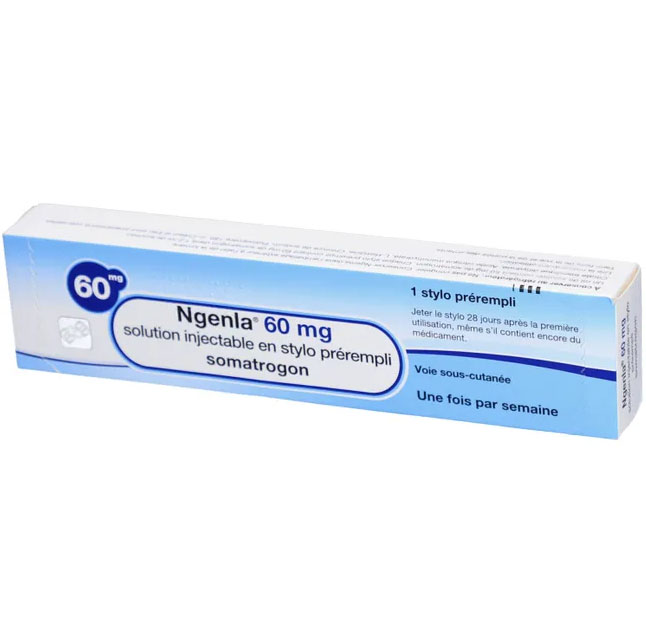
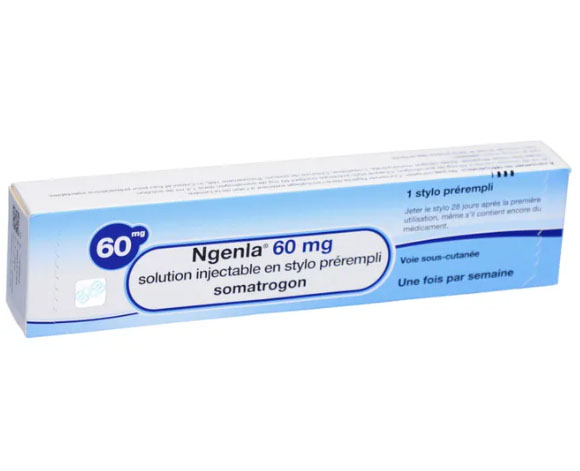
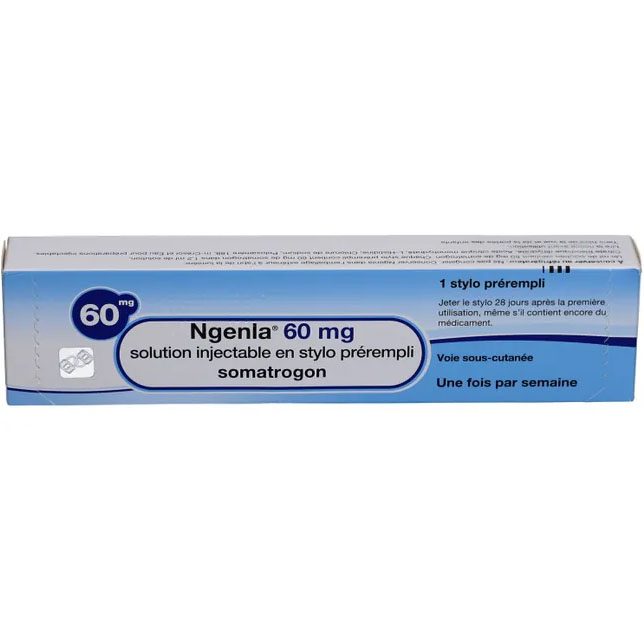
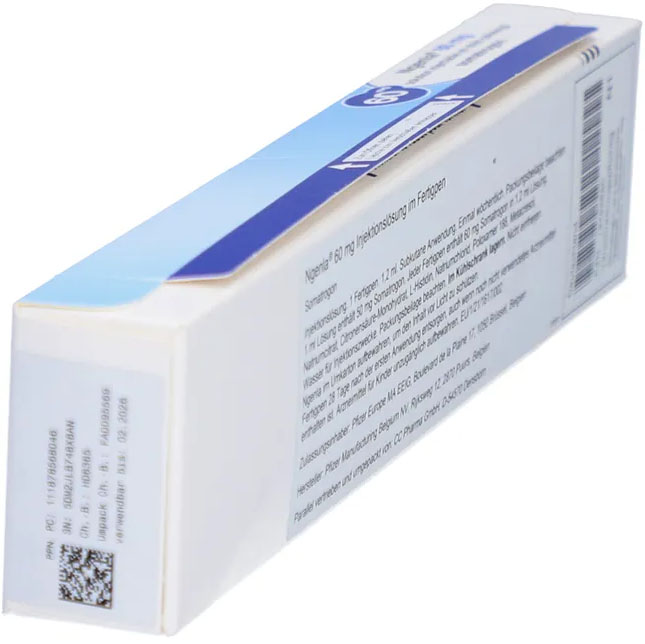
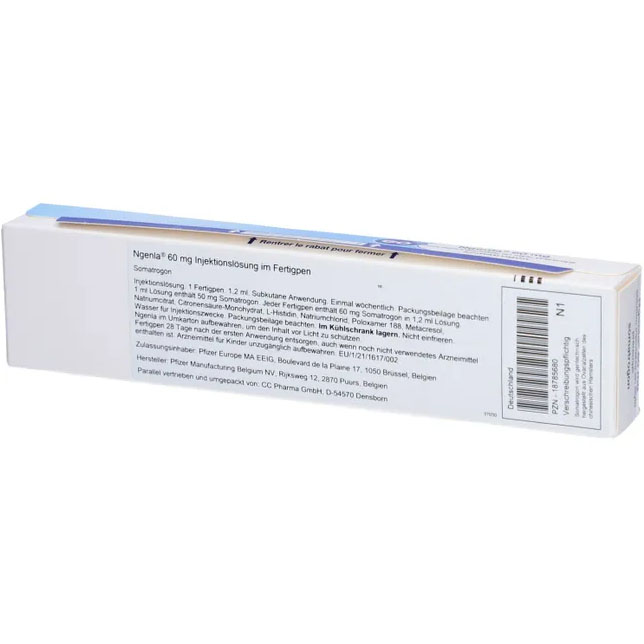
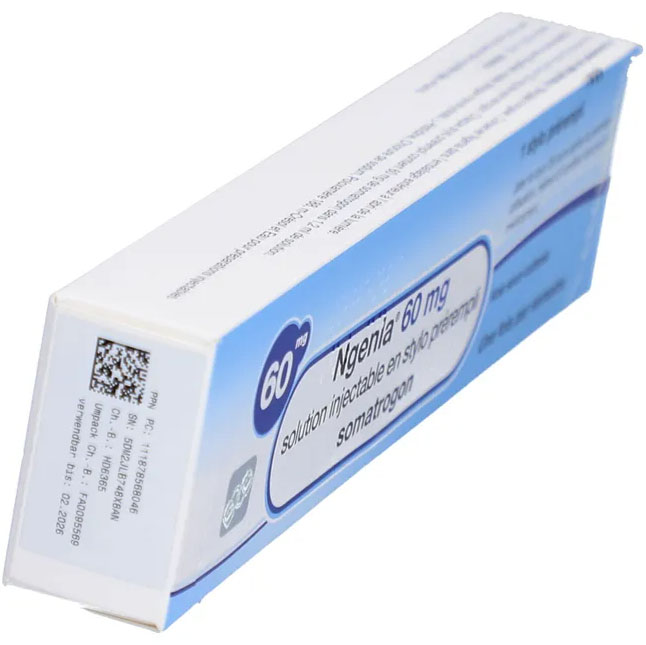
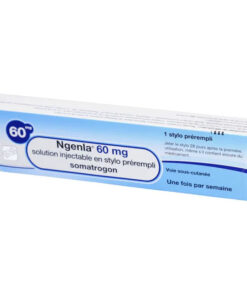
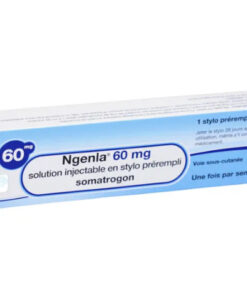
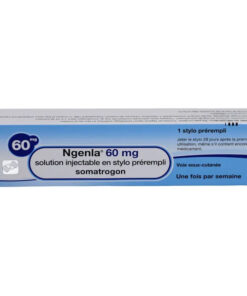
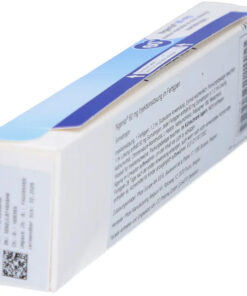
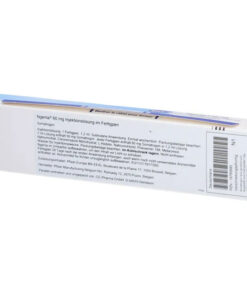
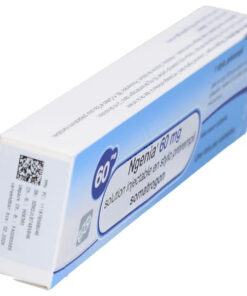
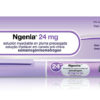
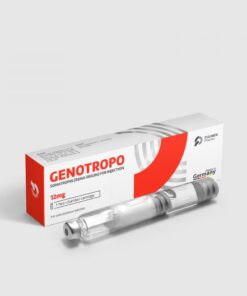
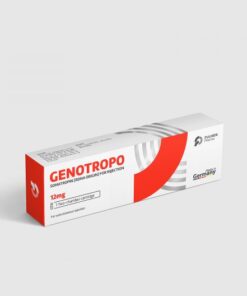
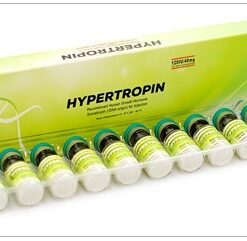
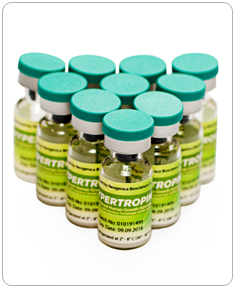
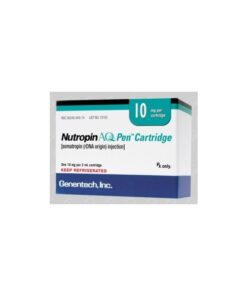
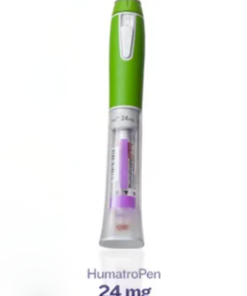
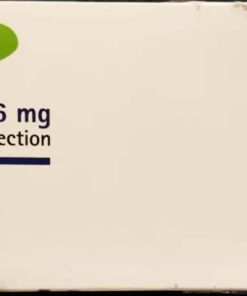
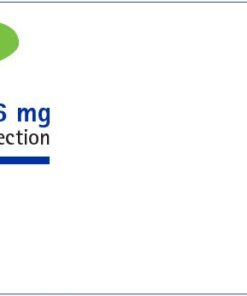
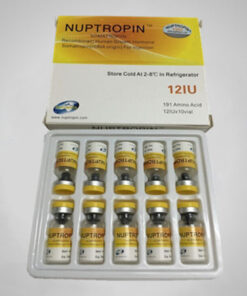
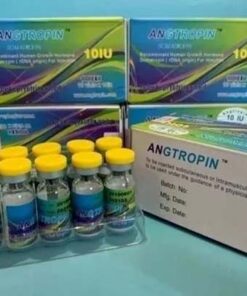
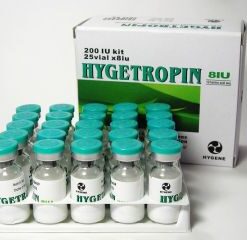
Cristian –
My daughter has been on Ngenla for six months, and the progress is undeniable. Her height has improved, she’s more confident, and we’ve had no injection site reactions or adverse effects. The auto-injector is easy to use—even for someone with no medical background. The weekly dose gives us all a break, and she no longer dreads her shots. We’re incredibly thankful for this treatment option.
PMR –
I’ve been prescribing Ngenla for several of my pediatric patients with growth hormone deficiency, and the results have been very encouraging. It offers sustained IGF-1 levels and excellent growth velocity without the compliance issues that often come with daily injections. Side effects have been minimal, and families appreciate the ease of a weekly schedule. This medication represents a meaningful step forward in pGHD care.
Doug –
Switching my 9-year-old son to Ngenla has been a game changer. We used to struggle with daily injections—every day felt like a battle. With Ngenla, it’s just once a week, and the difference in our routine is incredible. He’s growing steadily, sleeping better, and has more energy. As a parent, it’s a relief to see progress without the daily stress. Highly recommend for families navigating pGHD.